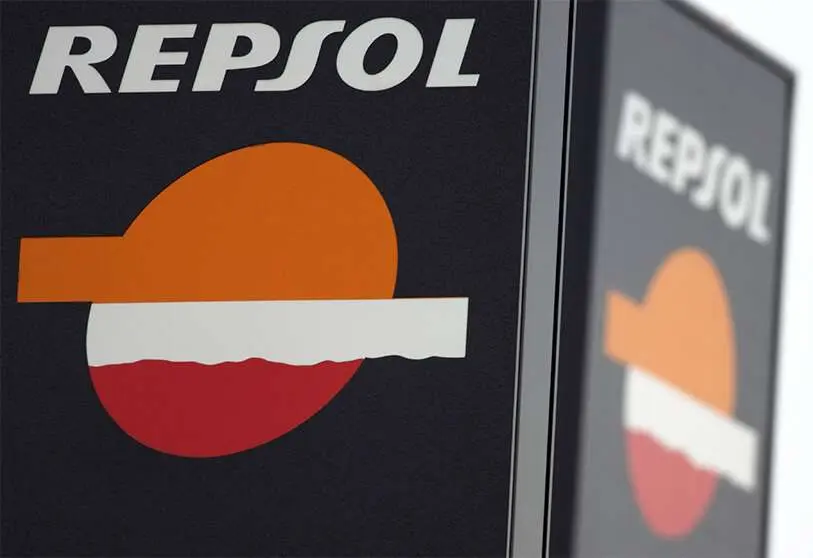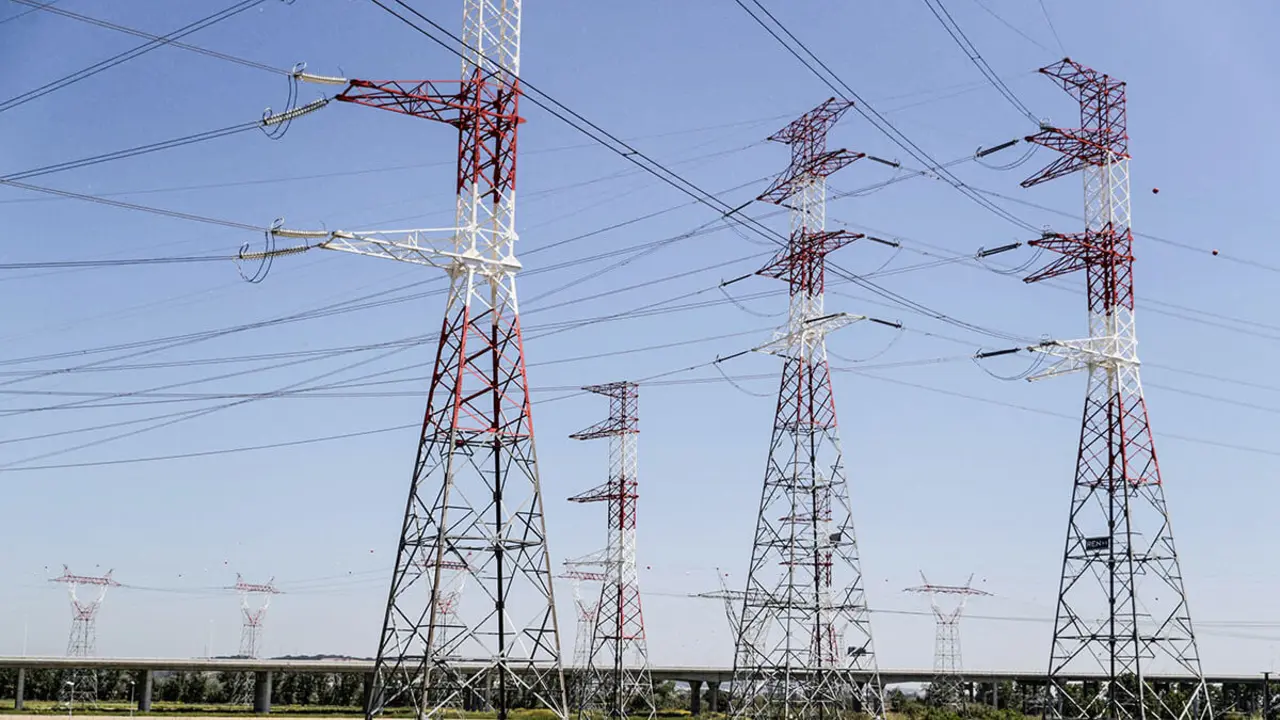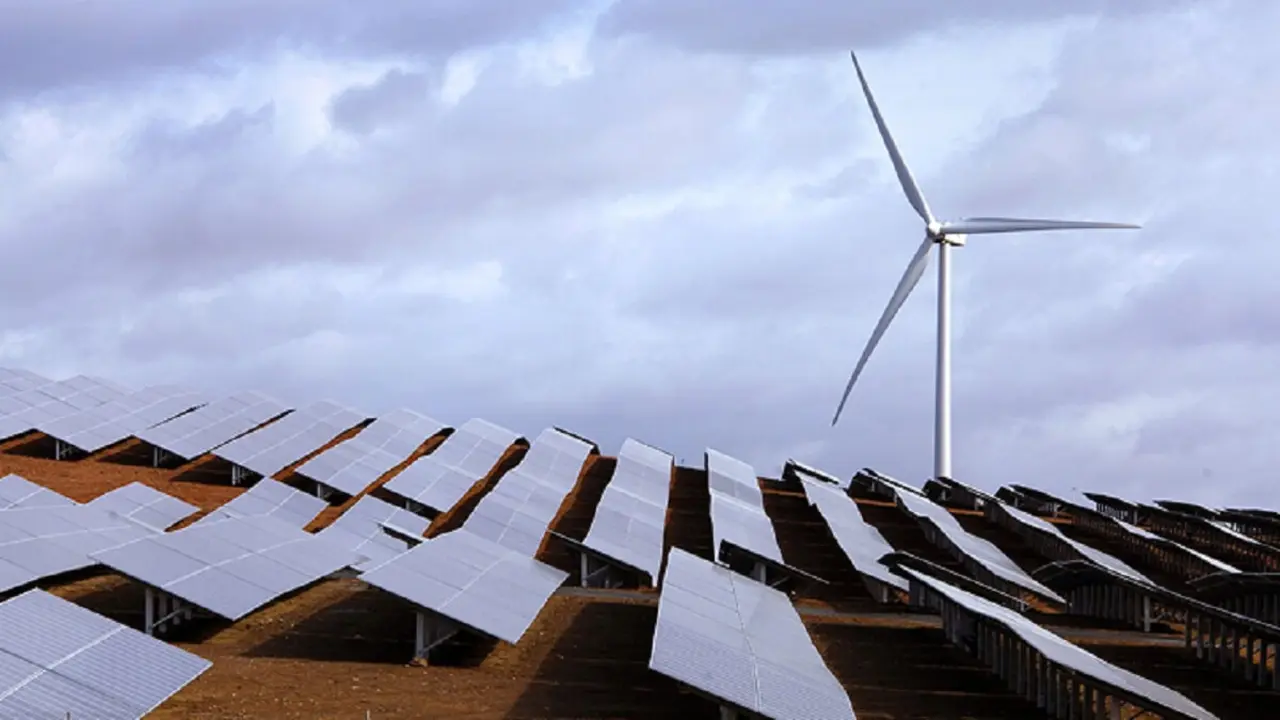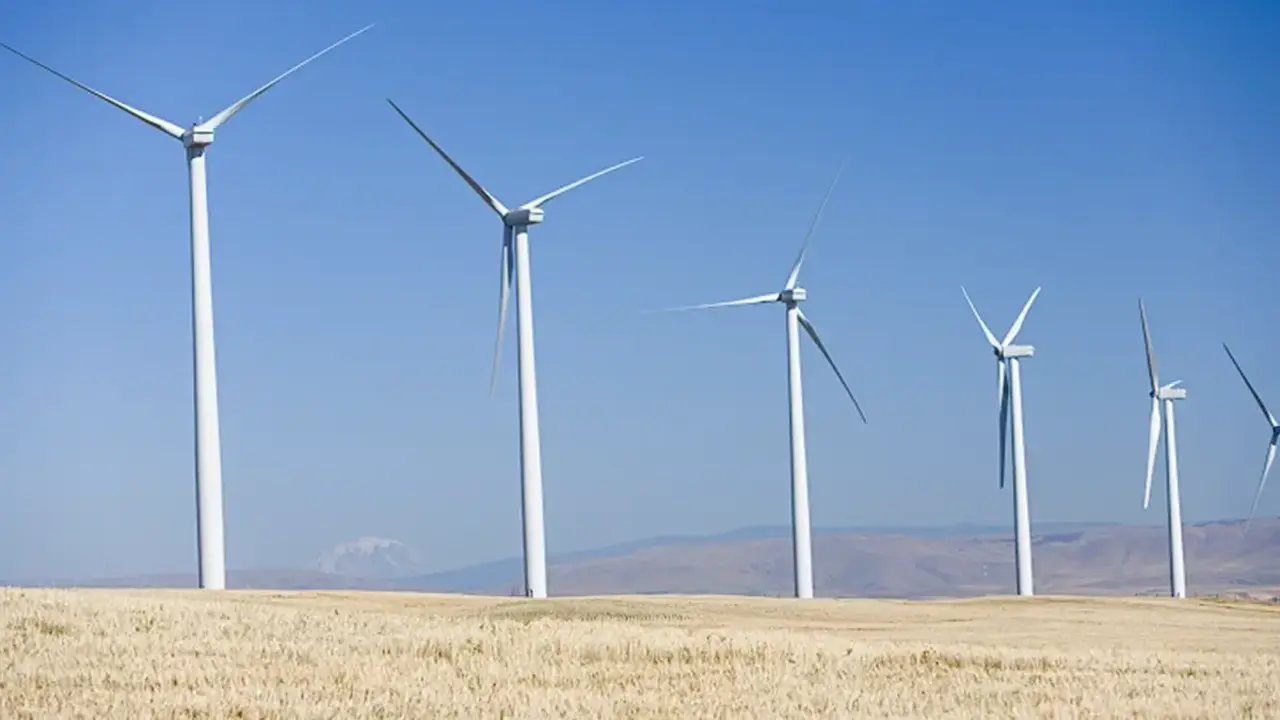Repsol plans to produce two million tonnes of eco-fuels by 2030

Repsol plans to reach an annual production of more than two million tonnes of sustainable biofuels by the end of this decade so that these products can play a key role in the decarbonisation of sectors such as heavy road transport and aviation, which are difficult to electrify.
In its goal to be a carbon neutral company by 2050, this drive to produce advanced biofuels in the coming years is at the forefront of Repsol's strategy.
Repsol Technology Lab's Process Development Manager, Miguel Ángel García Carreño, stressed that the chemical composition of eco-fuels allows them to be used in current vehicles with combustion engines, "which make up the vast majority of the car fleet, and therefore take advantage of existing refuelling and distribution infrastructures", and is presented as a "real and available solution for reducing emissions" in sectors such as heavy transport and aviation.
As part of this commitment to biofuels, the group will build Spain's first plant in Cartagena to manufacture this type of eco-fuel, which will produce 250,000 tonnes per year from 2023.
To this will be added modifications to existing units and new projects to reach a total of 1.3 million tonnes of products from renewable materials in 2025 and exceed two million tonnes in 2030, according to the company's latest newsletter.
In Cartagena, the company chaired by Antonio Brufau will use the most advanced technological route to use hydrogen and recycled raw materials to manufacture advanced biofuels - such as hydrobiodiesel (HVO), biojet, bionaphtha and biopropane - which can be used without modification in current engines and which will save 900,000 tonnes of CO2 emissions per year, an amount similar to the CO2 absorbed by a forest the size of 180,000 football fields.
This plant, which is also an example of the company's commitment to the circular economy, will involve an investment of 188 million euros and some 1,000 professionals will work on its construction, demonstrating that "the promotion in Spain of the production of eco-fuels, in addition to being an effective way to reduce emissions, is an opportunity for industrial development, generates economic activity and favours the diversification of our country's energy mix", García Carreño assured.
The Murcian plant will also manufacture biojet for aviation, a biofuel that Repsol has already begun to produce at its industrial complex in Puertollano, where it produced the first 7,000 tonnes manufactured in Spain last summer. The Tarragona industrial complex also recently produced a second batch of 10,000 tonnes.
Another step in the group's strategy is the development in the port of Bilbao of a globally innovative project to produce synthetic fuels with zero net emissions, using renewable hydrogen and CO2 captured in the industrial processes of the nearby Petronor refinery.
With an initial production of 50 barrels per day, scalable depending on the results, the plant will be a technological reference in Europe in the development of a type of fuel "that we believe will play a growing role in mobility", added the energy company's executive.
In the field of gaseous eco-fuels, the port of Bilbao will also host a plant for the generation of biogas from urban waste, which will be used to replace part of the consumption of traditional fuels which feed the production of the Petronor refinery.
With an initial capacity to process 10,000 tonnes of waste per year, it could reach 100,000 tonnes, the equivalent of all the waste of this type generated in the surrounding area.
The company also plans to partially replace natural gas in its industrial processes with biogas produced from sewage sludge, slurry from livestock farms or liquor from the paper industry, as an additional tool to achieve the goal of zero net emissions by 2050.
To close the circle in the use of resources, "biogas can also become a product that we can offer to companies or households or serve as a fuel for mobility", concluded García Carreño.








